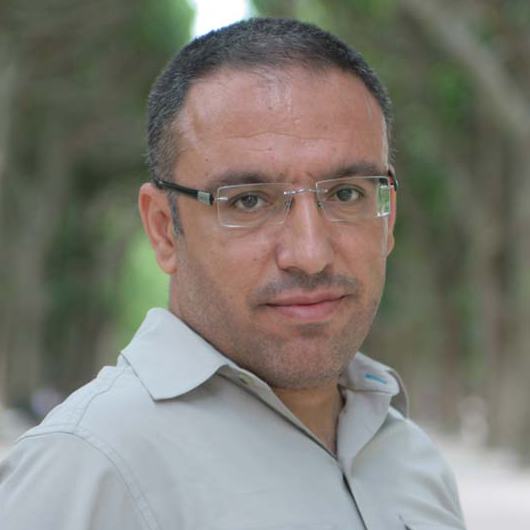Journalism during the State of Emergency: An Interview with Journalist Mahmut Bozarslan

9 February 2018, Reha Ruhavioğlu “I have been working as a journalist for 22 years and I have had the most difficult times in the last few years.” Diyarbakır based “Initiative for Free Journalists” published their report on rights’ violations in media. According to the report, 17 journalists were taken into custody and 7 of […]
9 February 2018, Reha Ruhavioğlu
“I have been working as a journalist for 22 years and I have had the most difficult times in the last few years.”
Diyarbakır based “Initiative for Free Journalists” published their report on rights’ violations in media. According to the report, 17 journalists were taken into custody and 7 of them were sentenced by the first week of February 2018. 6 journalists were sentenced to imprisonment for 10 years and 8 months in total and one TV channel was fined. Today, there are 156 imprisoned journalists in Turkey.
We interviewed Mahmut Bozarslan about the journalism during the state of emergency.
You have been working as a journalist in the southeast region of Turkey for a very long time. Considering your journalism experience, what can you tell us about the last two years?
I have been working as a journalist since 1996. I had been the witness, victim and the defendant of anything happened here in this region. Things have been a lot more different since 2015. I have had the most difficult time in the last few years, more than what I had gone through my whole career. Especially during the ditch conflicts, it was difficult for all of my colleagues. Including the ones that are closer to the government. We, as freelance journalists, became everyone’s target. Opponent press became the government’s target. They were also targeted by other media institutions which are close to the government. There were even physical attacks. We were physically attacked during we were reporting from a bombing attack in Midyat, Mardin. Custodies and detentions have already become ordinary.
What makes the state of emergency different to journalists, more than other people? Rights’ violations in media sector have increased dramatically. Violations in the recent month are higher in number than some years’ general total. What do you think about that?
Actually, state of emergency is an ordinary way of life here in this region. We hardly had a time without state of emergency. State of emergency means being easily taken into custody. It means less travel, more fear, being scared when reporting the news. The most important factor for the journalist right now is Turkish military operation in Afrin. Unfortunately, who spoke against the operation was taken into custody or indicted.

Bizi Takip Edin